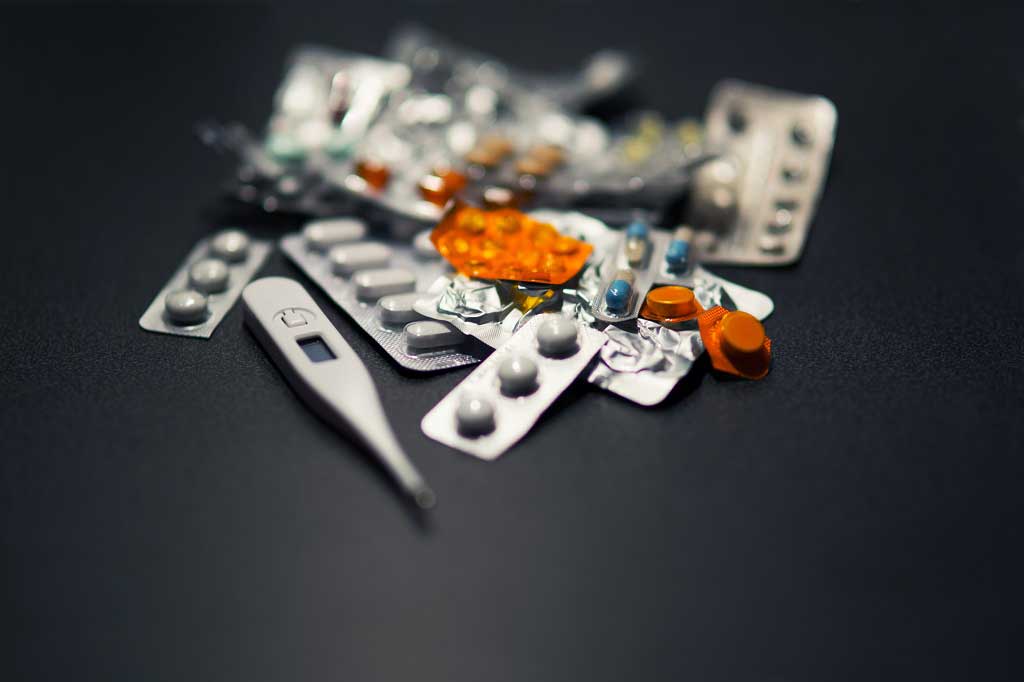Warning on 'free' online stem cell therapy
Genetics and stem cells
The Department of Health has warned that “rogue clinics” are offering risky stem cell treatment. This follows a warning by the Multiple Sclerosis society that despite
The Department of Health has warned that “rogue clinics” are offering risky stem cell treatment. This follows a warning by the Multiple Sclerosis society that despite there being no scientific evidence for using stem cells to treat MS, a company in the Seychelles is approaching MS patients to sell them treatment.
In addition, newspapers have reported that the International Society for Stem Cell Research (ISSCR) has stated that stem cell clinics around the world are exploiting patients by offering, “supposed stem cell therapies without credible scientific rationale, oversight or other patient protections”. The society has published guidelines in an attempt to establish standards that can be used to judge the claims made by clinics and whether the treatments they offer are being developed responsibly.
What is the issue?
Stem cell therapy holds great promise for treating a wide range of diseases and conditions. However, the science is still at an early stage and much more research is required before it can be used safely and effectively.
Despite the experimental state of many stem cell therapies, they are being sold over the internet directly to patients. Treatment then takes place in countries whose regulations will allow it.
There is concern these companies are putting patients with often very serious and terminal conditions at further risk with untested treatments, while extracting substantial payment from them.
The Department of Health (DH) has issued a warning about international, web-based schemes that purport to offer patients “stem cell treatments”, “stem cell therapies” or participation in “stem cell trials”. These claim to involve treatments for a variety of diseases, including MS, HIV infection, Parkinson’s disease and cerebral palsy. The schemes promise to treat UK patients overseas “for free”.
The ISSCR has published new guidelines for developing safe and effective stem cell treatments and for getting research from the lab into clinical use. These guidelines say that stem cell therapy requires “expert evaluation, independent oversight, genuinely informed consent of patients and transparent reporting of clinical trial results”.
I am thinking about having this sort of treatment, what should I do?
The DH strongly recommends that potential patients:
- Discuss participation in such schemes with a GP or specialist.
- Read The Patient Handbook on Stem Cell Therapies issued by the ISSCR.
- Check with the DH whether a stem cell treatment has been approved by the appropriate regulatory agencies in the UK.
The MS Society recommends that anyone with MS who is thinking about paying for injections of stem cells should think again. They name specific companies involved and point out that anyone agreeing to participate in the companies’ trials will not have legal protection as the treatments do not have regulatory approval in the US or EU.
What are stem cells?
Stem cells are the very early (precursor) cells that can develop into almost all other types of cell in the body such as skin, muscle or blood cells. They are the building blocks of the body and are unique because they can renew themselves.
Broadly, there are two types of stem cell, embryonic stem cells and adult stem cells. Embryonic cells occur in the early (five-day old) embryo when it is a tiny ball of about 100 cells. They also occur in significant numbers in the developing foetus and in cord blood at birth. In adults, they can be found in bone marrow and blood but often in very small numbers.
What is stem cell therapy?
There is a considerable amount of research being carried out into stem cell treatments. The UK Stem Cell Initiative was established in 2005 to research the potential of new treatments for currently incurable illnesses such as chronic heart disease, diabetes and Parkinson's.
The range of diseases for which stem cells is a proven treatment option, however, is still quite small. Most activity is in stem cell research rather than stem cell therapy, which is largely experimental and, as yet, unproven. The stem cell therapies or treatments that do exist aim to replace or repair damaged cells or tissues.
The more common form of stem cell therapy, blood or bone marrow transplant, has been used for more than 50 years. Cells are collected from the blood of matched donors, prepared and then injected into the patient via a vein. The patient has usually been prepared to receive the injection by having their own blood cells treated with intensive chemotherapy.
Which stem cell treatments are established?
Haematopoietic (blood) stem cell transplants (HSCT) are currently the only type of stem cells commonly used for therapy. They are used to treat leukaemia, lymphoma and several inherited blood disorders.
Cord blood, like bone marrow, is stored as a source of stem cells and is being used experimentally as an alternative to bone marrow in HSCT for leukaemia. Stem cells are also present when cornea or skin is grafted and thought to contribute to the success of these grafts.
Which treatments are still being researched?
Other clinical uses for stem cells are in late research phases (i.e. tried in humans), for example, in the treatment of musculoskeletal abnormalities, cardiac disease, liver disease, autoimmune and metabolic disorders (such as amyloidosis), chronic inflammatory diseases (lupus) and other advanced cancers. These new therapies have been offered only to a very limited number of patients.
Embryonic stem cell research is closely regulated in most countries. This is because it involves starting a stem cell line (culturing a bank of stem cells) that requires the destruction of a human embryo or therapeutic cloning. Both are highly specialised techniques that are not without their controversy.
Research into neurological conditions such as MS and Parkinson’s, based on embryonic stem cells, is in the early stages with animal and early pre-clinical studies.
What should I look for if I am considering a stem cell therapy?
The ISSCR has suggested a checklist for patients who are considering a stem cell therapy. They suggest checking whether the therapy has good scientific evidence behind it by asking for:
- Evidence of published pre-clinical studies that have been reviewed and repeated by experts in the field.
- Evidence that the provider of the therapy has ethical approval from an independent committee.
- Evidence that the provider of the therapy has national or regional regulatory approval. In the UK, this would be from the European Medicines Agency (EMEA).
The ISSCR warns that the following types of claims made by providers of stem cell therapies should sound alarm bells:
- Claims based on patient testimonials.
- Claims that multiple diseases are treated with the same cells.
- Claims without clear documentation of the source of cells or treatment details.
- Claims that there is no risk.
- High cost treatments or those where the true cost is hidden.
Sir Muir Gray adds...
When you are desperate any offer seems attractive, but stem cells and gene tests off the web are a no-no.






 Subscribe
Subscribe Ask the doctor
Ask the doctor Rate this article
Rate this article Find products
Find products







